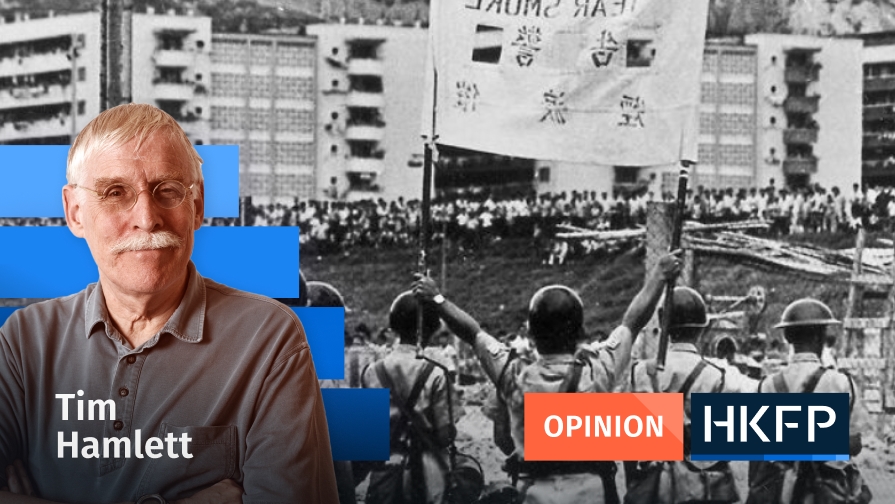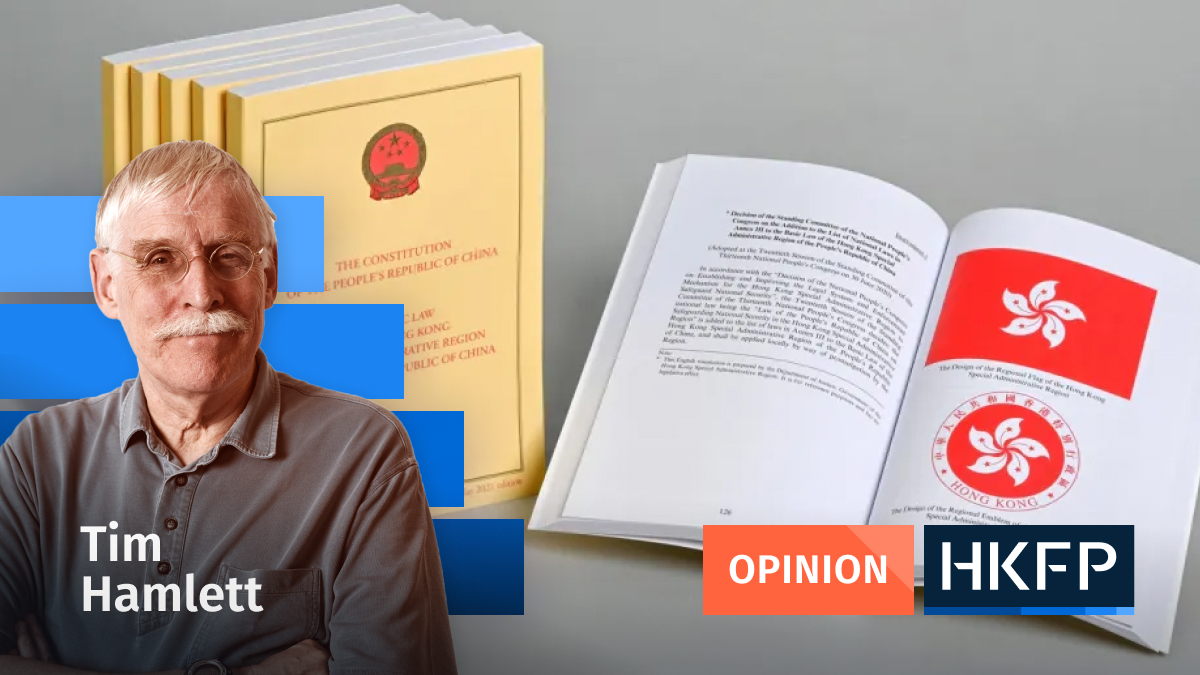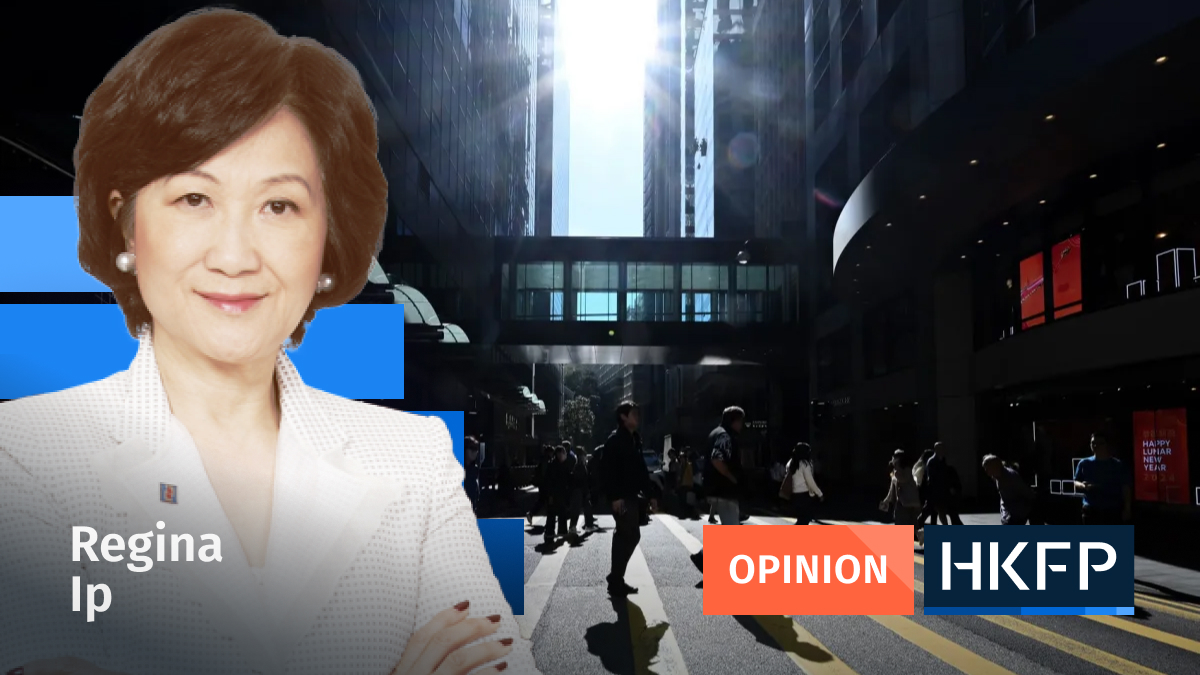By Hari Kumar
As Hong Kong awaits the arrival of coronavirus vaccines, the government should be preparing the ground to ensure its inoculation drive is more popular than the universal mass testing organised earlier this year, when 1.7 million people volunteered.

The government decision to acquire vaccines from Sinovac, a mainland firm, even before it has published its third phase results, has reportedly raised objections from some experts.
Chief Executive Carrie Lam dismissed such talk as rumours and asked Hongkongers not to politicise the matter. Still the head of the Public Doctors Association, Arisina Ma, said some frontline health workers would adopt a wait-and-watch attitude when the vaccination starts, citing concerns about side-effects.
With vaccine nationalism and political polarisation on the rise, vaccines made in China have already been snared in controversies in places like Brazil. If there are doubts about the transparency of the trial when the Sinovac data is finally peer-reviewed, this could snowball into a lack of confidence in the company’s product.
Even without any such controversy, new vaccines have always evoked fear and doubts as the history of inoculations show.

So it is prudent for the government to form a steering committee comprised of health experts to oversee the programme, especially as top government officials have been sending mixed messages over their pandemic measures.
The announcement of more subsidies after a U-turn, and Health Secretary Sophia Chan’s statements on whether vaccine makers will be exempted from lawsuits, are two of the recent examples.
Compared to top officials, messages from the Centre for Health Protection and other health experts have been well received, even though they have not always come to similar conclusions.
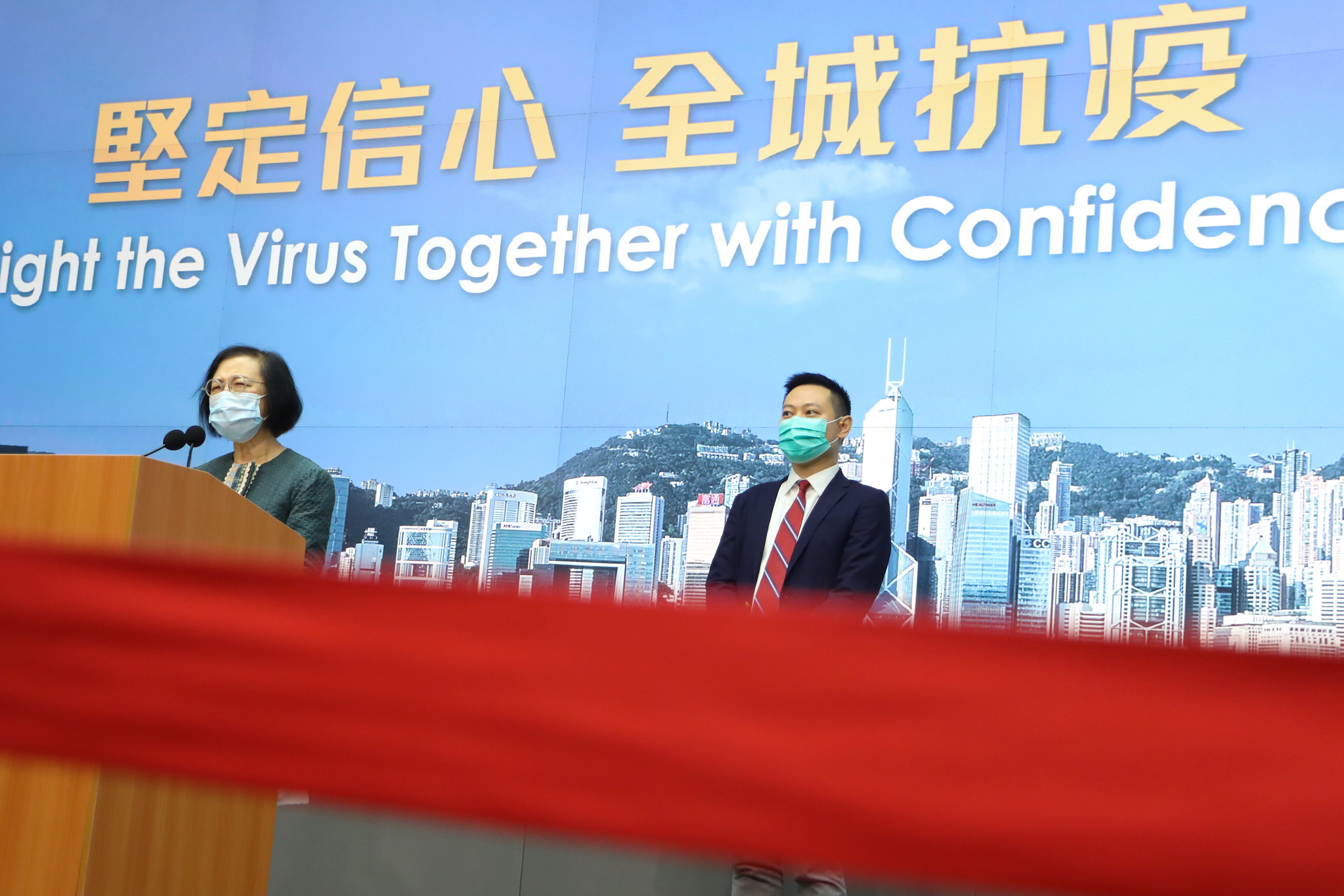
Given this scenario, a vaccination drive will be much more effective if they are seen to be at the forefront of it, along with other prominent figures in society.
Leesa Lin of the London School of Hygiene and Tropical Medicine said a network of reliable sources is needed to achieve public support before mass inoculation campaigns begin.
“Disseminating validated vaccine-related information via trusted messengers like health experts, through public forums and through local networks, like community leaders and primary care physicians, is the way,” she said.
Such a step will be crucial in the months ahead. As more people worldwide get vaccinated, there are bound to be reports of some adverse reactions. Health authorities in Britain have already decided against giving the Pfizer vaccine to those with severe allergies for fear of complications.
Such isolated incidents being widely circulated through social media, and campaigns by vaccine sceptics, could have a detrimental effect on vaccination campaigns.

“One of the key reasons why there will always be vaccine rumours, some more benign than others, is that vaccines will always have risks. Even with the best scientific evidence, there will still be uncertainty,” writes Heidi Larsen in her book Stuck: how vaccine rumours start and why they don’t go away.
Larsen, who founded the global initiative Vaccine Confidence Project to push back against rising scepticism about vaccinations, says in the book that building “a dialogue between citizens and scientists and engaging citizens as part of the public health endeavour, rather than shutting down the conversation with seeming censorship around alternative voices, will be crucial.”
To achieve that, an oversight committee should bring into the fold people from all walks of life for the common good of Hong Kong. Business stalwarts who are highly regarded in the city, professionals who have achieved excellence in their fields, academics, and NGOs who have been working for the welfare of the people should become a part of it.

Along with government agencies and the private sector, elected representatives from both the Legislative Council and the District Councils should be involved — with very clear guidelines that this is not a political issue but a fight against a common enemy.
The government and parties aligned with it should realise that any move to make vaccinations mandatory can lead to resistance, even if backed by monetary incentives or threats of fines.
The opposition should be made aware that campaigns against vaccines made in China could prove counter-productive. Vaccines approved in some Western countries are using a technology never employed before.
Both Pfizer and Moderna have reported minor side-effects like fever and fatigue after the jabs and plan long-term monitoring.
So it would be wise for politicians to leave opinions about the desirability of different vaccines to health experts.
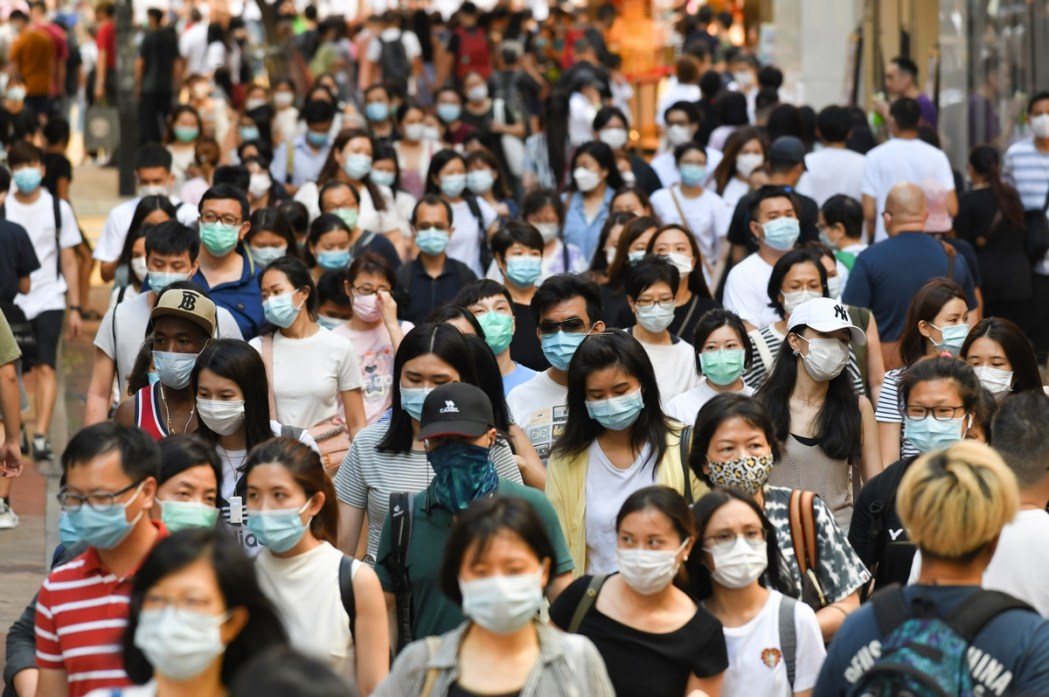
The virus doesn’t distinguish between political leanings, age, wealth or gender. History has shown us that there have been many instances when even warring factions in one place have united against an aggressor from outside.
A public mobilisation at grassroots level could also be beneficial. Regular monitoring of those given the shot and their feedback will help experts detect and analyse if any side effects surface in some groups.
A comprehensive network of private practitioners, community leaders and young people trained to collect such data will go a long way in ensuring the success of the mass vaccinations.

Hong Kong has been deeply divided over the last few months. But bringing everyone together to fight Covid-19 could be the first step towards the healing that this city desperately needs.
Hari Kumar is a journalist based in Hong Kong since 2003.
Support HKFP | Policies & Ethics | Error/typo? | Contact Us | Newsletter | Transparency & Annual Report | Apps
Help safeguard press freedom & keep HKFP free for all readers by supporting our team
| HKFP is an impartial platform & does not necessarily share the views of opinion writers or advertisers. HKFP presents a diversity of views & regularly invites figures across the political spectrum to write for us. Press freedom is guaranteed under the Basic Law, security law, Bill of Rights and Chinese constitution. Opinion pieces aim to point out errors or defects in the government, law or policies, or aim to suggest ideas or alterations via legal means without an intention of hatred, discontent or hostility against the authorities or other communities. |

More HKFP OPINION:
HKFP has an impartial stance, transparent funding, and balanced coverage guided by an Ethics Code and Corrections Policy.
Support press freedom & help us surpass 1,000 monthly Patrons: 100% independent, governed by an ethics code & not-for-profit.




